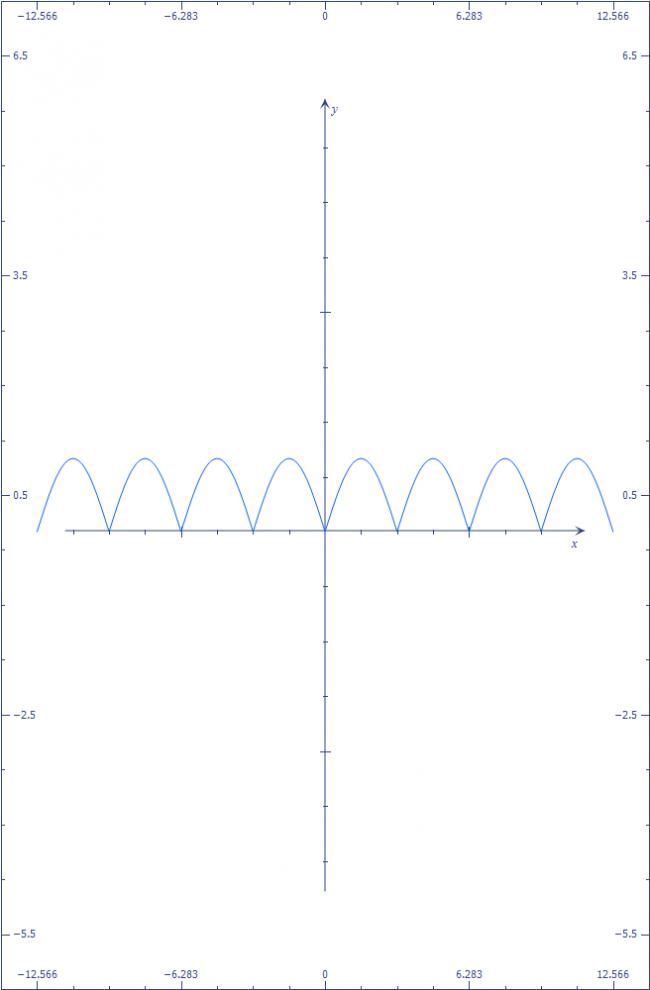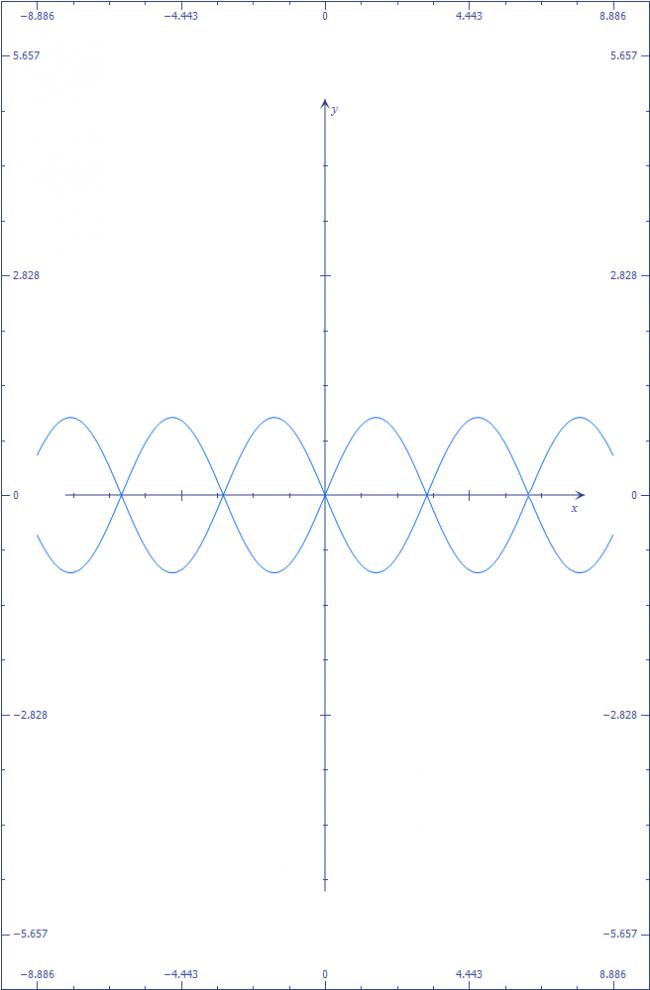k. thanx[1]
If f(x) f'(x) f"(x)>0 for all x in R, prove that f(x) is a strictly increasing function
-
UP 0 DOWN 0 0 30

30 Answers
CAN NE1 PLZZZ XPLAIN ME HOW EXACTLY IS CELESTINE PROVING THE NECESSARY IN FIRST CASE :
"wen fx bcom -ve , f"x +ve , inc f'x , inc fx so at some pt , theres a minima at fx so f'x =0 contradicting wen fx +ve , f"x -ve "?????
"The same thing is written more formally by a teacher in another forum. Its in a similar forum, so, with bhaiya's permission :) , I will link it."
Hahaha... now we know the teacher ;)
no issues dude.. as long as it helps everyone i have no issues in linking posts to other forums...
We are not as money minded as some of our peers ;)
Sorry, I had sort of given up after seeing that my point had not been taken. So, I didnt return to this thread :D.
Yeah your solution is right. The same thing is written more formally by a teacher in another forum. Its in a similar forum, so, with bhaiya's permission :) , I will link it.
http://goiit.com/posts/list/differenciation-f-x-f-x-f-x-0-for-all-x-belonging-to-r-prove-84412.htm#403553
There is a theorem he uses for which he has not given the proof. But intuitively it looks right to me if u see analogue to acceleration.
Sorry, if i have broken some rules here. But i learnt something from this problem. So, it may be useful to others here
f2(x)>0
On differentiation.....
f(x)f'(x)>0..........(1)
similarly........
from f'2(x)>0
we have......
f''(x)f'(x)>0........(2)
Multilpy 1 n 2.........
we have.......
f(x)f'(x)f''(x)f'(x)>0
or
[f(x)f'(x)f''(x)]f'(x)>0
from ques.....
f(x)f'(x)f''(x)>0
so f'(x)>0........
hence d fn is increasin fn..........................
here it is the 2nd one..
but it could stand for the 2nd derivative.. it could stand for fof..
but this generally mentioned...
celestine..
let f2(x) = x2
f(x).f'(x) = 2x but this is not always greater than zero...
Prophet has 100% point in saying this :)
how can it be right for god's sake. that too after i have proved it wrong you ask that question. atrocious really
[/and apoorvs ans seems right too , i wonder y u told its not the right one
f'x never 0 , so either strict inc or strict dec
if strict dec , wen fx bcom -ve , f"x +ve , inc f'x , inc fx so at some pt , theres a minima at fx so f'x =0 contradicting
wen fx +ve , f"x -ve
if strict inc , wen fx bcom -ve , f"x -ve , f'x red , fx further reduce so no constraint
wen fx +ve , f"x +ve similar reason
See if f(x)>0 for all x, does it mean that it is increasing throughout?
that means if f(x)>0 it is not necessary that f'(x)>0
Now, consider the question for F(x)>G(x)
Take f(x) = F(x) - G(x)>0. From the above, we can see that F'(x) - G'(x)>0 is not necessary i.e.
F'(x)>G'(x) is not required. Let's see if someone does it.
the example u have given is of a constant fn..........
so f'(x).....f''(x).....fn(x)...etc are'nt existin here.......
neways......if u cud tell d ans......
pls tell!!!
F(x)> G(x) does not mean F'(x)> G'(x)
Easy example
F(x) = x2≥0 = G(x) is true for all real x
But we dont have F'(x) = 2x>0 for all real x

